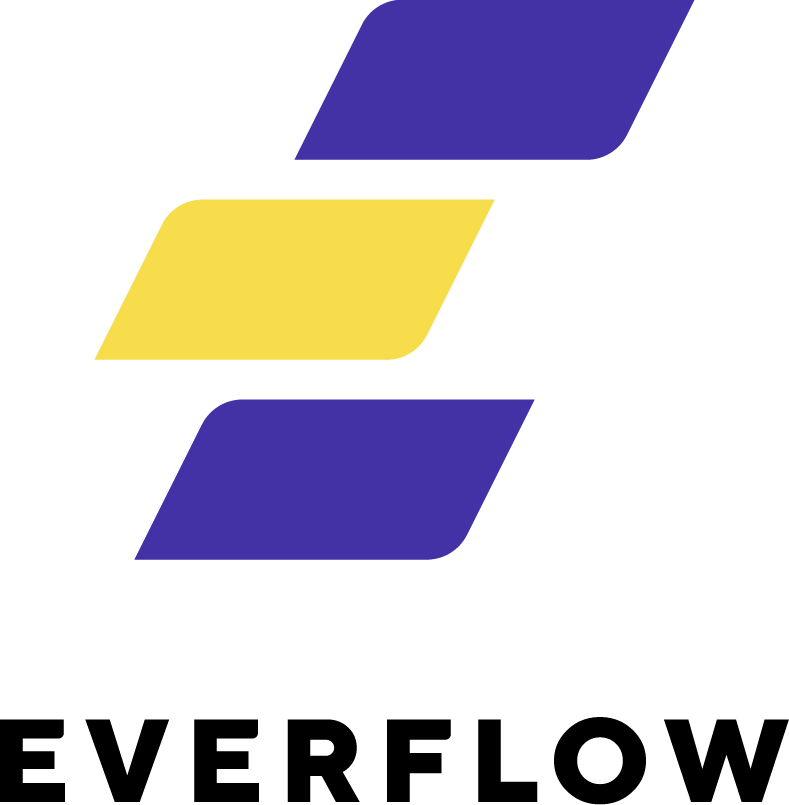COVID-19 has been declared a pandemic by the World Health Organization. As a result, deceptive digital advertising and marketing activities, as well as price-gouging issues related thereto, come with heightened legal risks and consequences.
The Federal Trade Commission made clear that COVID-19 will be a top enforcement priority. On March 26, 2020, FTC lawyer and Chairman Joe Simons issued a statement setting forth the agency’s enforcement efforts to protect consumers from unfair and deceptive commercial practices and to educate the public. The FTC “will not tolerate businesses seeking to take advantage of consumers’ concerns and fears regarding coronavirus disease, exigent circumstances, or financial distress,” FTC lawyer Simons stated.
The FTC and the Food and Drug Administration issued seven joint warning letters to companies that allegedly had been disseminating unsubstantiated product advertising claims related to the coronavirus. “Currently are no vaccines, pills, potions, lotions, lozenges or other prescription or over-the-counter products to treat or cure,” the letters state. The letters further state that such efficacy claims “are not supported by competent and reliable scientific evidence.” The FDA looks at the products as unapproved and misbranded drugs in violation of the Federal Food, Drug, and Cosmetic Act.
On March 25, 2020, the FTC issued a press release calling attention to business-to-business scams that seek to exploit companies’ concerns about COVID-19, including “public health” scams, government check scams, business email scams, IT scams, supply scams, robocall scams and data scams.
On March 27, 2020, the FTC staff sent letters to nine VoIP service providers and other companies warning them that “assisting and facilitating” illegal telemarketing or robocalls related to the coronavirus or COVID-19 pandemic is against the law.
“It’s never good business for VoIP providers and others to help telemarketers make illegal robocalls that scam people,” said FTC attorney and Bureau of Consumer Protection Director Andrew Smith. “But it’s especially bad when your company is helping telemarketers exploiting fears about the coronavirus to spread disinformation and perpetrate scams.”
On the state level, attorneys general are also laser-focused on express and implied claims related to products that purport to cure, treat or prevent COVID-19, as well as price gouging on disinfectant products.
For example, a group of thirty-two state attorneys general recently sent letters to executives at prominent online retailers, urging them to help police price gouging. Additionally, the New York Attorney General has asked GoDaddy and other online registrars to halt and de-list domain names used for Coronavirus-related scams and fake remedies designed to unlawfully and fraudulently profit off consumers’ fears around the coronavirus disease. According to the press release, the NYAG has “seen a spike in coronavirus-related domains being registered for the purposes of deceptive advertising, phishing schemes, and malware dissemination.”
The NY AG has also contacted Craigslist.com, calling on the company to immediately remove posts that attempt to price gouge users, or otherwise purport to sell items that provide “immunity” to the coronavirus or allow individuals to test for the disease. For example, the AG’s letter referred to posts that promoted an “immunity pack,” a fake coronavirus testing kit, and face masks that are not even proven to provide coronavirus-related protection. The AG also asked Craigslist to remove an advertisement for a bottle of Purell that was priced at over $200.
In addition, the AG’s office ordered Wayne Allyn Root to stop marketing purported treatments and cures for the coronavirus. “As the coronavirus continues to spread across the country, so too are the deceptive and predatory businesses seeking to take advantage of consumers,” the NY AG stated.
Digital marketers should consider consulting with an experienced FTC defense attorney to design and implement appropriate advertising policies and procedures to avoid deceptive express and/or implied health-related claims and unlawful pricing directly or indirectly related to COVID-19.
Takeaway: Marketers that disseminate unsubstantiated efficacy claims about the COVID-19 pandemic, including, improper implied “immunity” and other cure or prevention based claims, face aggressive enforcement action by state and federal regulatory agencies, as well as potential referral for criminal prosecution to the Department of Justice. Deceptive claims that target vulnerable populations – such as the elderly – and price gouging will almost certainly result in extremely harsh consequences. Competent and reliable scientific evidence must exist to support all health-related claims. Claims should always be properly qualified and in-line with overall body of science possessed prior to dissemination.
Richard B. Newman is an FTC defense attorney at Hinch Newman LLP. You can find him on Facebook @ FTC defense attorney.
Informational purposes only. Not legal advice. May be considered advertising material.




